Mid90s
Sunny Suljic x Olan Prenatt
Images by Jan-Willem Dikkers
Video by Sophie Caby
“They came to the skate park, and we just started talking.
It was a normal conversation, but I was like,
‘Oh my god this is Jonah Hill that I’m talking to.’”
— Sunny Suljic
Mid90s
Mid90s is a 2018 American coming-of-age comedy-drama film written and directed by Jonah Hill for his feature directorial debut. It stars Sunny Suljic, Lucas Hedges and Katherine Waterston, and follows a thirteen-year-old boy who begins to hang out with an older group of skateboarders while living in 1990s Los Angeles. The film had its world premiere at the Toronto International Film Festival and was released in the US in October 2018. It received positive reviews from critics, who called it a “promising first outing for Hill.”
Sunny Suljic
Sunny Suljic is an American child actor and skateboarder. He is known for his roles as Bob in The Killing of a Sacred Deer (2017) and as the voice and motion capture actor for Atreus, the son of Kratos in the 2018 video game God of War. Suljic had his first lead role in Jonah Hill’s film Mid90s.
Olan Prenatt
Nineteen-year-old skateboarder and LA native Olan Prenatt portrays the character “Fuckshit” in Jonah Hill’s Mid90s. Poised to become one of skateboarding’s leading ambassadors, Prenatt rides for Illegal Civilization, a prominent LA-based skate crew and creative collective that has collaborated with rappers Tyler the Creator and The Game, as well as streetwear giant Converse.
Jonah Hill
Jonah Hill Feldstein is an American actor, director, producer, screenwriter and comedian. He is known for his comedic roles in films such as Superbad (2007), Knocked Up (2007), Forgetting Sarah Marshall (2008), Get Him to the Greek (2010), 21 Jump Street (2012) and War Dogs (2016), as well as his performances in Moneyball (2011) and The Wolf of Wall Street (2013), for which he received Academy Award nominations for Best Supporting Actor.
Lucas Hedges
Lucas Hedges is an American actor and son of writer-director Peter Hedges. He studied theater at the University of North Carolina School of the Arts and began his acting career by playing supporting roles in Wes Anderson’s comedy-drama Moonrise Kingdom (2012) and the crime biopic Kill the Messenger (2014). He made his breakthrough in 2016 playing a sardonic teenage orphan in Kenneth Lonergan’s drama Manchester by the Sea, which earned him a nomination for the Academy Award for Best Supporting Actor.
The Killing of a Sacred Deer
The Killing of a Sacred Deer is a 2017 psychological thriller film directed by Yorgos Lanthimos, from a screenplay by Lanthimos and Efthymis Filippou. It stars Colin Farrell, Nicole Kidman, Barry Keoghan, Raffey Cassidy, Sunny Suljic, Alicia Silverstone and Bill Camp. The story is based on the ancient Greek play Iphigenia at Aulis by Euripides.
Jonah Hill’s directorial debut, Mid90s, is garnering praise from critics and the public alike for its portrayal of a group of young skateboarders in ‘90s era Los Angeles and the “unfussily authentic” coming-of-age story woven throughout. Actor Sunny Suljic, who appeared in the 2017 film The Killing of a Sacred Deer, stars as the main character Stevie, a thirteen-year-old who lives with his aggressive older brother Ian [Lucas Hedges] and single mother Dabney. He escapes his turbulent home life by hanging out with a new group of friends he meets at a local skate shop—Ruben, Ray, Fourth Grade and Fuckshit—plunging him into a world of excitement and danger.
Olan Prenatt, who plays Fuckshit in the film, chats with Suljic about the parallels between Suljic and his character Stevie, his love of Jonah Hill and growing up on set.



Olan Prenatt: Hey, what’s up? What’s your name? My name’s Sunny Suljic.
Sunny Suljic: Oh, Jamal Smith.
OP: Sick! Okay!
SS: Nah, my name is Sunny Suljic and I play Stevie in Mid90s. So…
OP: I’m going to start out with your thoughts on reading the script. What came to your mind?
SS: My first thought on the script was it was just so professional and so authentic. It really had a strong impact on me. The words: all the “likes” and “umms,” it felt so natural and authentic and I was just blown away
OP: Where are you from?
SS: Originally I’m from Atlanta, Georgia, but five years ago I moved to Los Angeles.
OP: How did you get started?
SS: Well, I was probably around seven or eight. I always wanted to be an actor from around five or six, around that time I thought it was pretty cool. I’d see younger kids in films and was pretty inspired so I thought maybe I could do that as well. My mom is very supportive—she was like, “Alright, let’s do it!” I met with some people, they told me to go to Los Angeles to this program called IMTA [International Modeling and Talent Association] where a bunch of managers and agents looking for people go—a specific place to get casted by managers and agents, and I found the right one and am here now.
“It makes sense because of how authentic and relatable this movie is to every single human. I feel like everybody’s either been through this part of their life or is living this part of their life.”
— Olan Prenatt
OP: How did they find you for this film?
SS: I was skating in my local skate park. Well, I’ll start off at the actual beginning. The co-producer on the film Mikey Alfred—I had no clue that Jonah was making a film or that he would even be co-producing—I’d seen him at the skate park before. We’d made a video, and I guess he found me at an audition this one time. Jonah was just trying to cast a bunch of skaters and teach them how to act rather than vice versa.
Mikey came across me and said to Jonah, “There’s this kid, and I’ve also seen him at an audition.” So they came to the skate park, and we just started talking. It was a normal conversation, but I was like, “Oh my god this is Jonah Hill that I’m talking to.” He asked me if I had any acting experience. I told him I was in The Killing of the Sacred Deer, and he was like, “No way.” He was pretty good friends with Yorgos, the director of that film, and Yorgos put in a really good word for me. Jonah cast me after a couple auditions. It was a very long process actually.
OP: What made you want to do this project?
SS: Well two things: Jonah was involved with it, and it involved skating. Literally two things that I love. I love Jonah Hill. It sounds weird saying his full name. I loved Jonah at the time and still do. But I loved him more as an actor, and now he is just just a really good friend of mine.
OP: In what ways do you most identify with Stevie?
SS: Probably the way I love skating, the way I appreciate it. The slogan phrase “Fall, get back up”— that’s the same thing with skating. The drive and the commitment Stevie has. That’s one thing that I can relate to. Definitely not personal experiences—like in the film his personality is not too outgoing. He kind of matures over the time, but he’s a shy kid. I’m definitely the opposite. I’m 100% an outgoing person.
OP: So when you were going into the role and creating the character in your head, who were you creating?
SS: Jonah had already created a backstory, and lot of scenes that didn’t make it into the film. I didn’t really have to think about it because of previous things that happened before we started shooting. Jonah would just explain, and then we would do a bunch of scenes and talk about it for a while. I already knew a lot about the character, and we’d do a lot of rehearsing.
“The only thing that I didn’t expect was how well-portrayed the skating was actually going to be. Because when you think of a skate movie, it’s going to probably be a really cheesy movie. So I think when we started shooting, and I was seeing some clips I was just shocked. I mean, it was insane.”
— Sunny Suljic
OP: Was the film the same or different from what you first imagined when reading the script?
SS: I think I understood it. In the script there were normal conversations, and they were really realistic, very authentic. It just felt like we were all hanging out at a skate shop. I could already imagine it, and I think that’s a great thing about writing—if you can make someone imagine what they are reading then you’re a great writer.
So, at the start I could already imagine the scenes, and from that point on I think the only thing that I didn’t expect was how well-portrayed the skating was actually going to be. Because when you think of a skate movie, it’s going to probably be a really cheesy movie. If portrayed wrongly, it doesn’t turn out right. So I think when we started shooting, and I was seeing some clips I was just shocked. I mean, it was insane.
OP: During the course of the film, Stevie does some growing up. Do you feel that this film has matured you?
SS: Yes. I learned some history of the ‘90s, and I matured a little bit over the process because Jonah taught me a lot of his personal experiences, and Lucas [Hedges] and Katherine [Waterson] are all professional actors.
OP: Who is your favorite character in Mid90s?
SS: Well there are a bunch of universal characters. No, every time I watch it I have a different favorite character. But, I think it’s Fourth Grade, who Ryder McLaughlin played.
OP: I initially thought Fourth Grade was cool as hell, but after watching it a few times I noticed that in the last scene, where he is playing his tape, how much Ryder really got into that character. The next time I watched the movie it made me stuck on Ryder.
If you could choose only one aesthetic from the ‘90s, and everything else be not in your reach, what would it be?
SS: I definitely think the clothing.
OP: Clothing over music?
SS: Yes 100% clothing over music because the music naturally evolves. But with clothing now, there are no innovations. It’s not anything original. They just repeat some of the clothing from the ‘80s or ‘90s, the‘70s or ‘60s.
OP: It’s all recycled.
SS: In the ‘90s when you hear rap or you see the clothes, it’s like there is something new. It’s like, “Whoa, baggy pants, that’s crazy. Whoa, R&B, it’s crazy.” Music just evolved, and with clothing, it’s all the same.
“The drive and the commitment Stevie has. That’s one thing that I can relate to, but he’s a shy kid. I’m definitely the opposite. I’m 100% an outgoing person.”
— Sunny Suljic
OP: Did you view Ian (Stevie’s aggressive older brother) as, not on script, but in your head? Your emotions seemed so three-dimensional.
SS: In all the scenes I didn’t see Lucas [Hedges] as a boy at all. I completely saw through the character. I was tearing up, bro. Because if you make a movie with Lucas and he has to beat you up—ugh! He’s the nicest person I’ve ever met. He’s super genuine. He won’t ever say anything insulting to you. I’d start shooting, and he would start doing the push-ups and acting all tough, and I would just laugh bro, because that’s not him. But he did such a good job getting into character.
OP: I never knew. I met him on set, but he was in character the whole time, and I didn’t know it. Then when I saw him later I was like, “Whoa, you were in character that whole time.”
SS: Yes, exactly. He’s good.
OP: Did you learn any lessons making the film?
SS: I think understanding the scenes better. That’s the most important thing because if you don’t understand even one word, it messes you up. You think of it as acting and start getting out of character.
OP: What do you think people will get out of the film?
SS: I think teenagers will look at it and think, “Oh, this is what we’re doing right now. This is cool.” Then young adults will think, “Oh, I wish I was in the ‘90s or a cool period.” But I think most adults will really reflect on it. A lot of adults will think, “Oh, I know friends like that.” A lot of people opened up for the Q&As. Some were super emotional. It’s so tight that Jonah could make people cry. Like, grown men just cry.
OP: It makes sense because of how authentic and relatable this movie is to every single human. I feel like everybody’s either been through this part of their life or is living this part of their life.
SS: I think that is what they are going to take away from it.
OP: What did you learn from your character’s experience?
SS: I would say, if you’re already friends with that person then you don’t really have to go out of your way to be with them. If you feel like you have to impress them or that you have to do a little more to make them laugh or anything like that, that’s the minute that you know you just don’t feel comfortable with that person. You can’t fully express yourself and that really stuck with me.
OP: What is your favorite film?
SS: Good Will Hunting. Deadpool 2.
OP: Sick.
SS: The Conjuring. Groundhog Day. The Truman Show.
OP: Okay that’s five right there, you’re good.
SS: Incredibles, Incredibles 2.
OP: Sick. I’ll cut you off.
SS: The Shining. Did I say The Shining?
OP: No you didn’t say that.
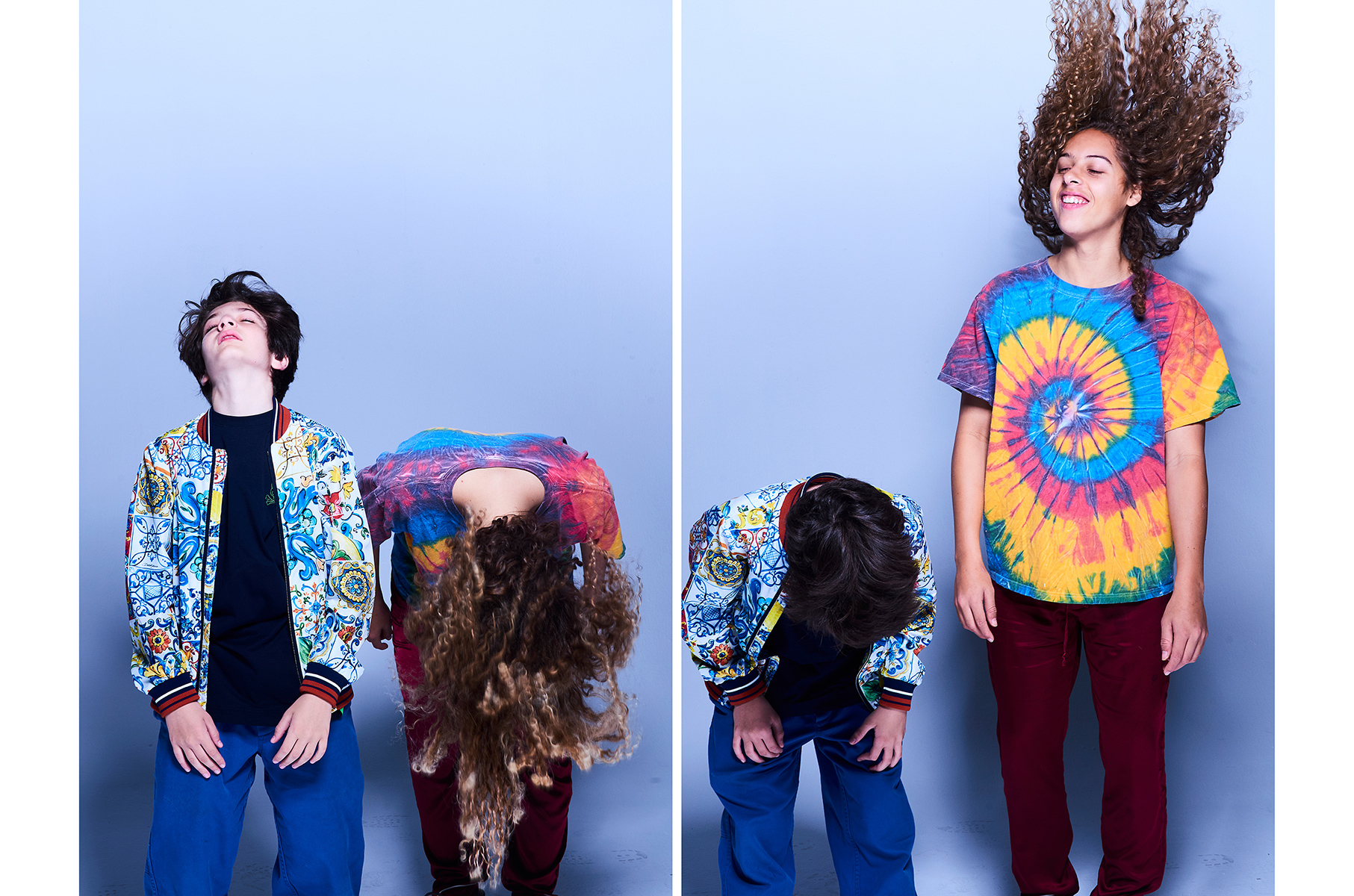
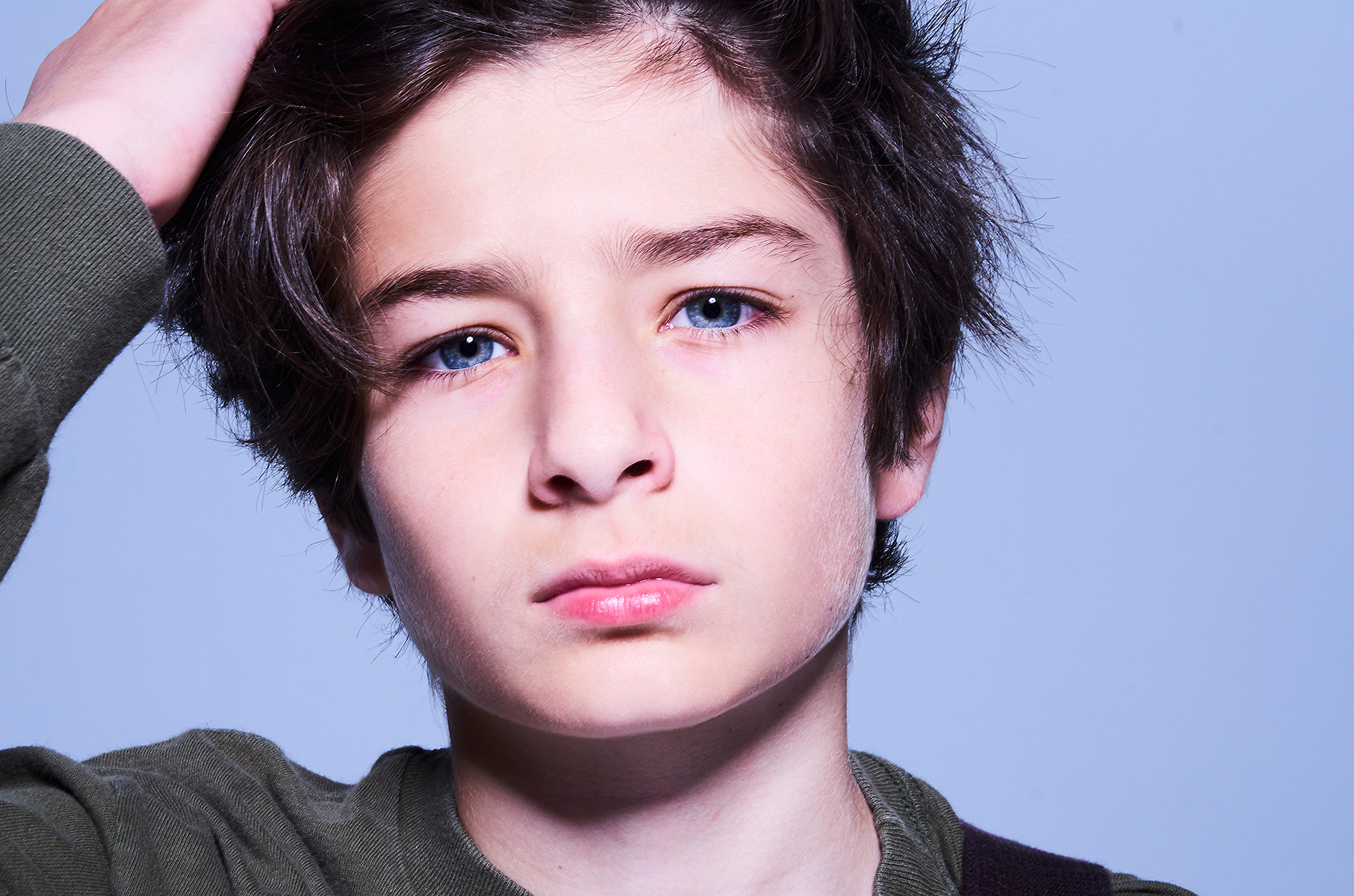
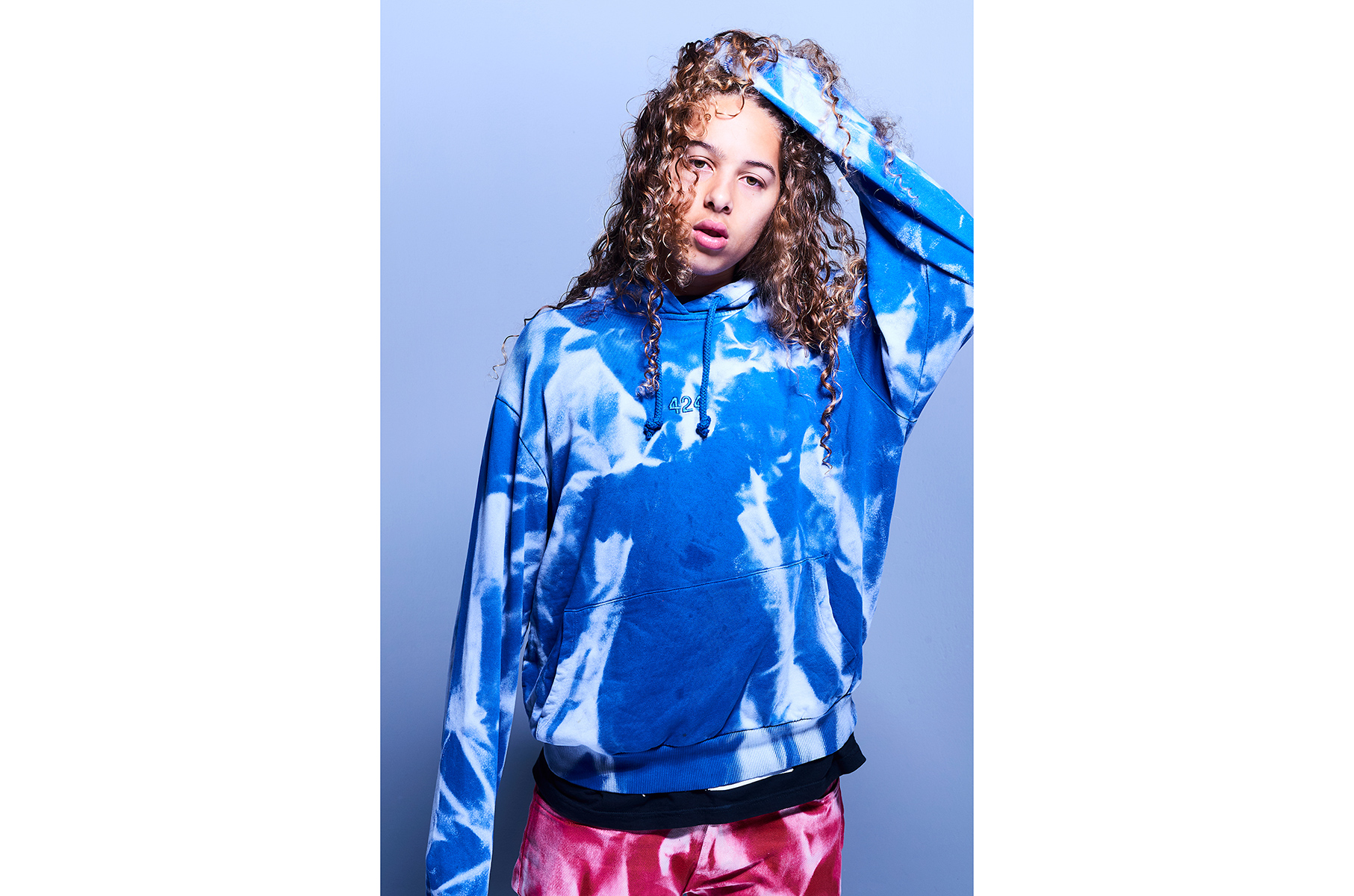
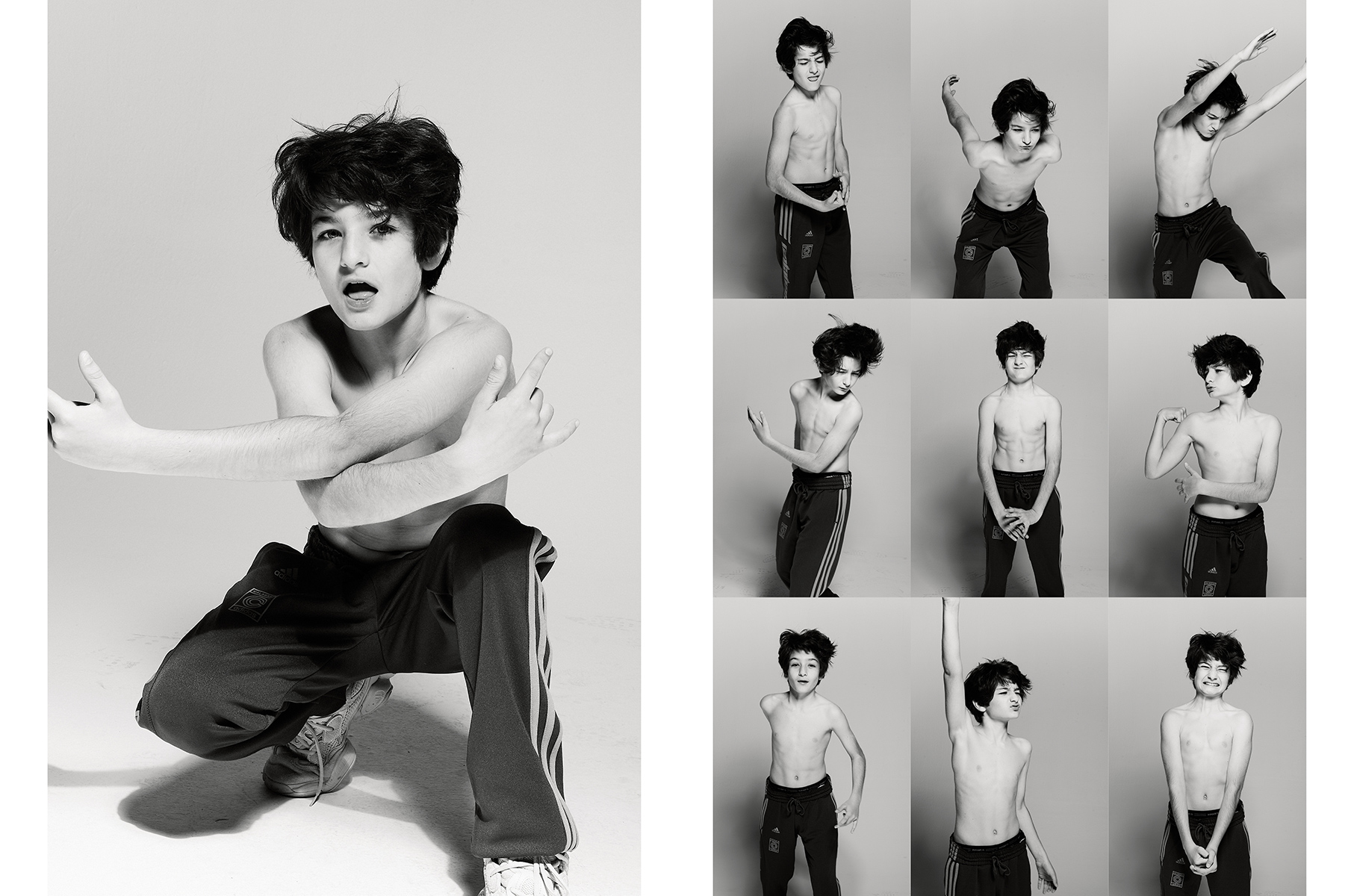

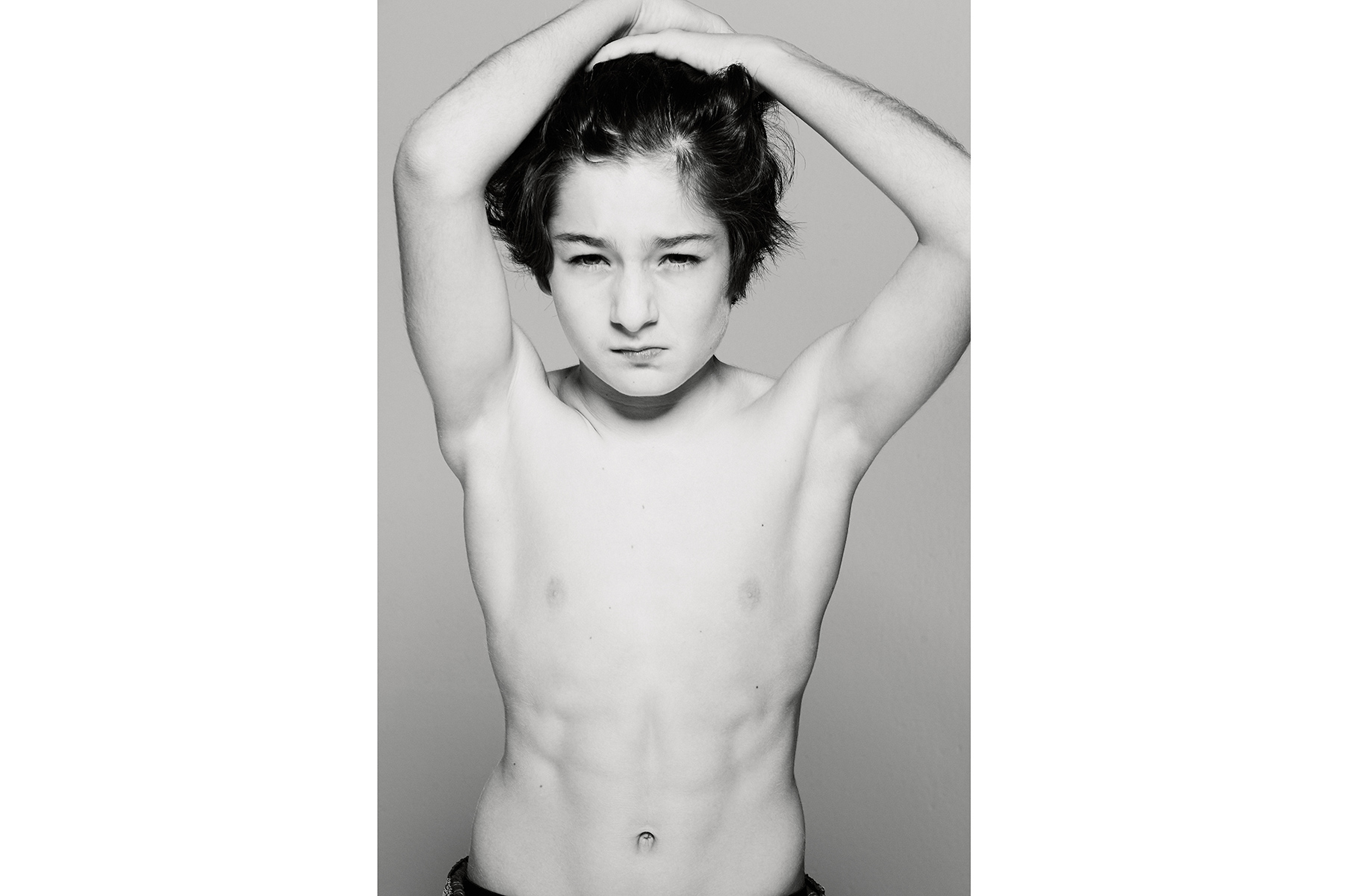
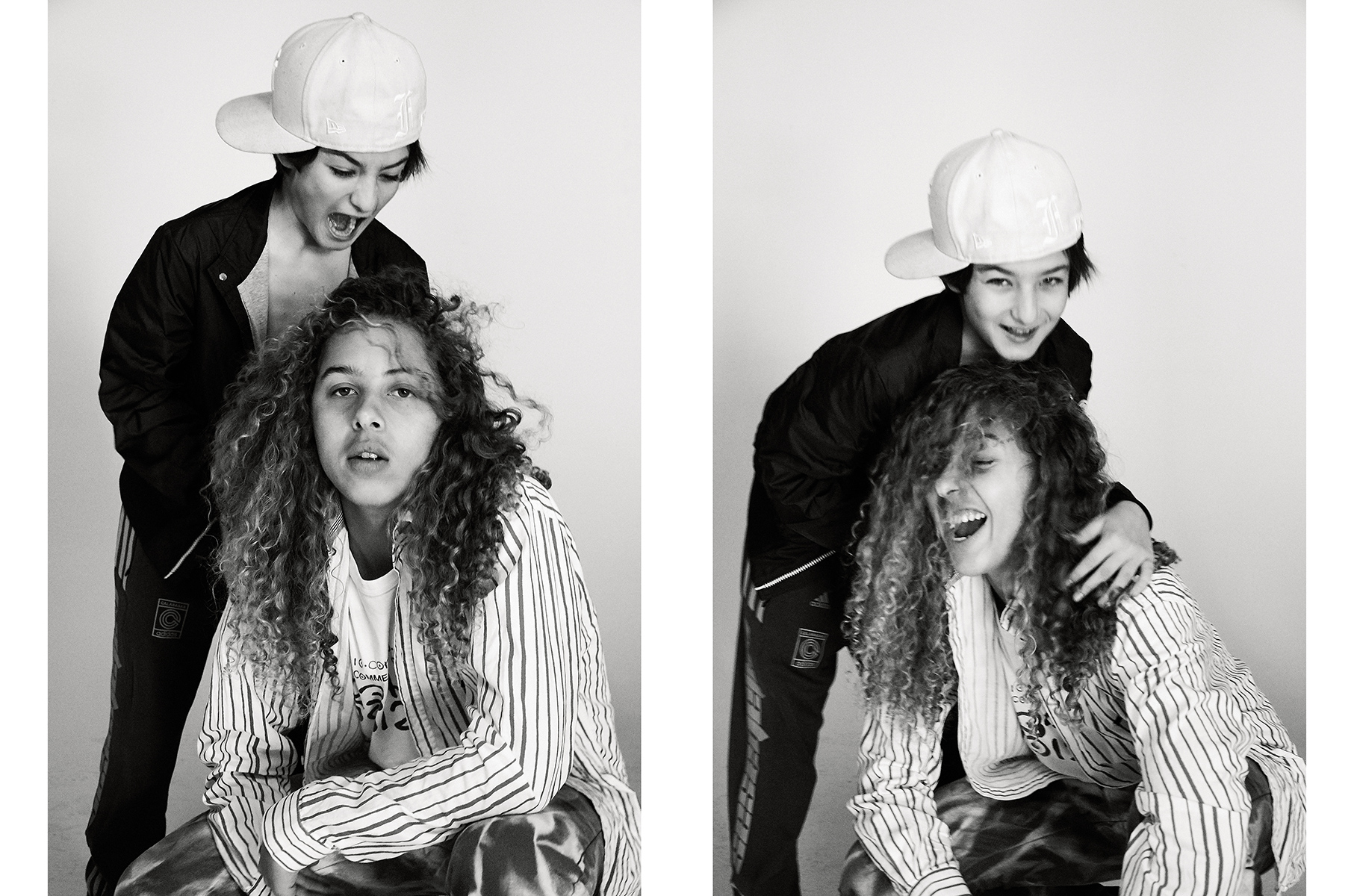
An exclusive behind the scenes film





